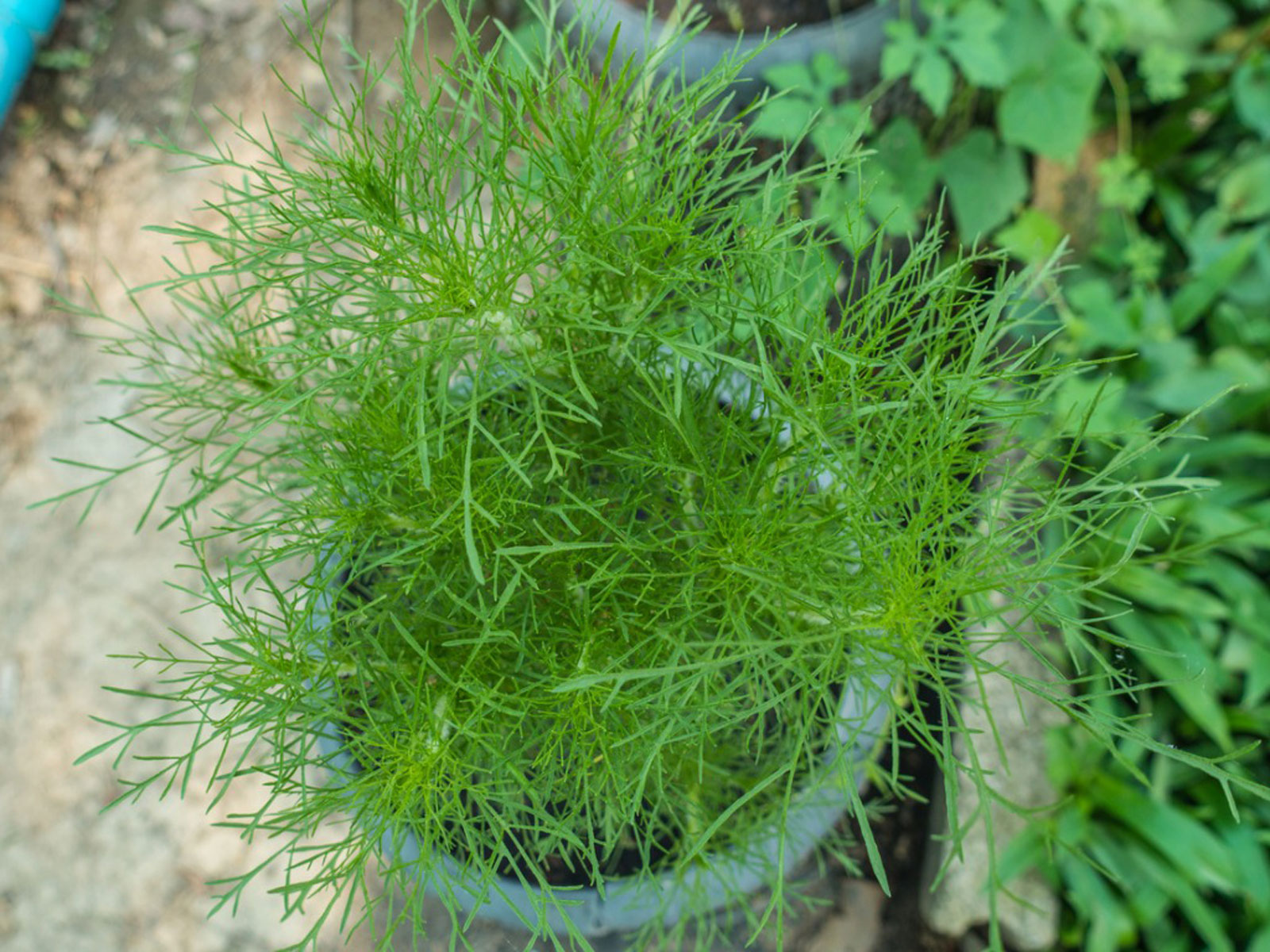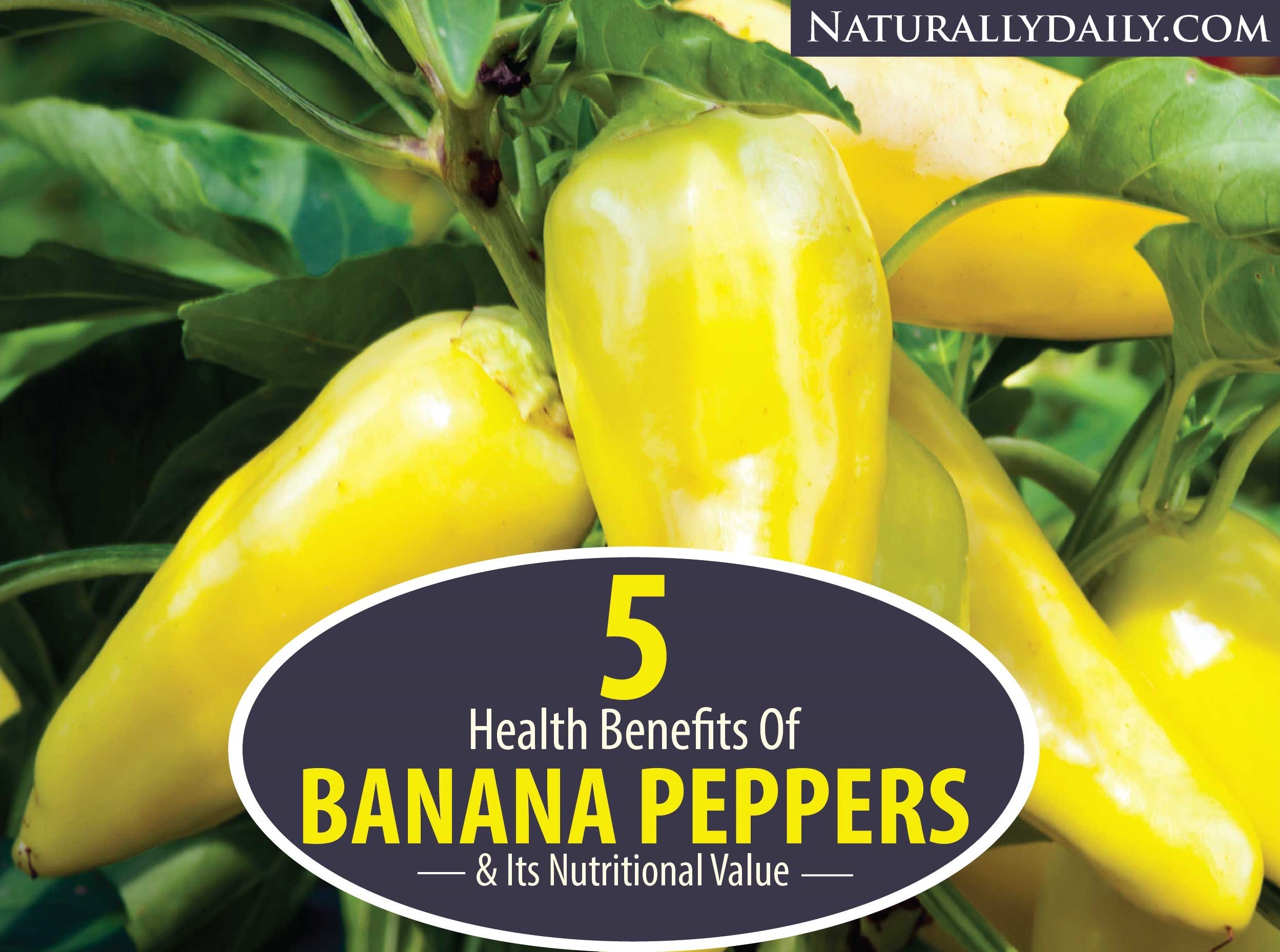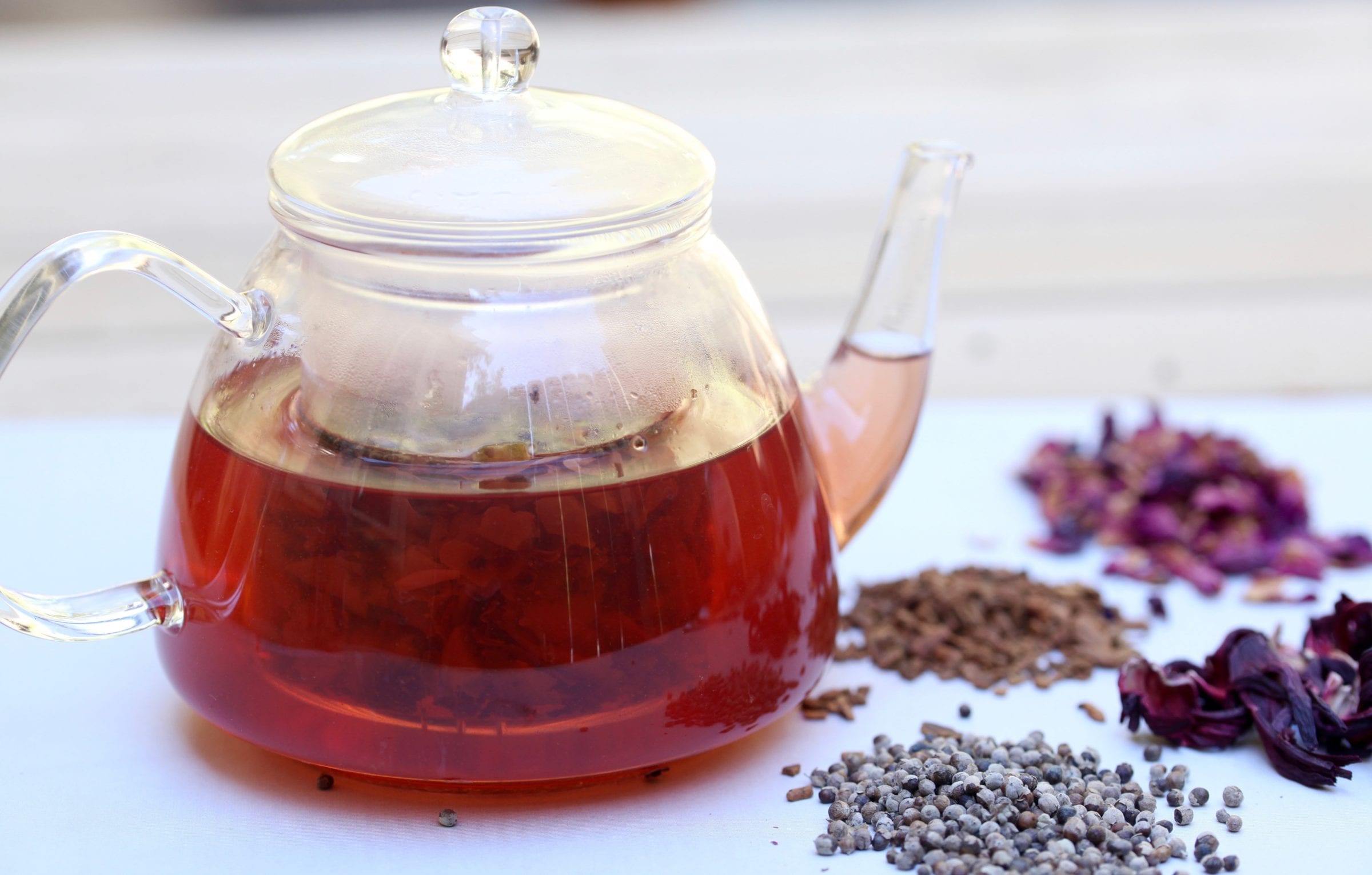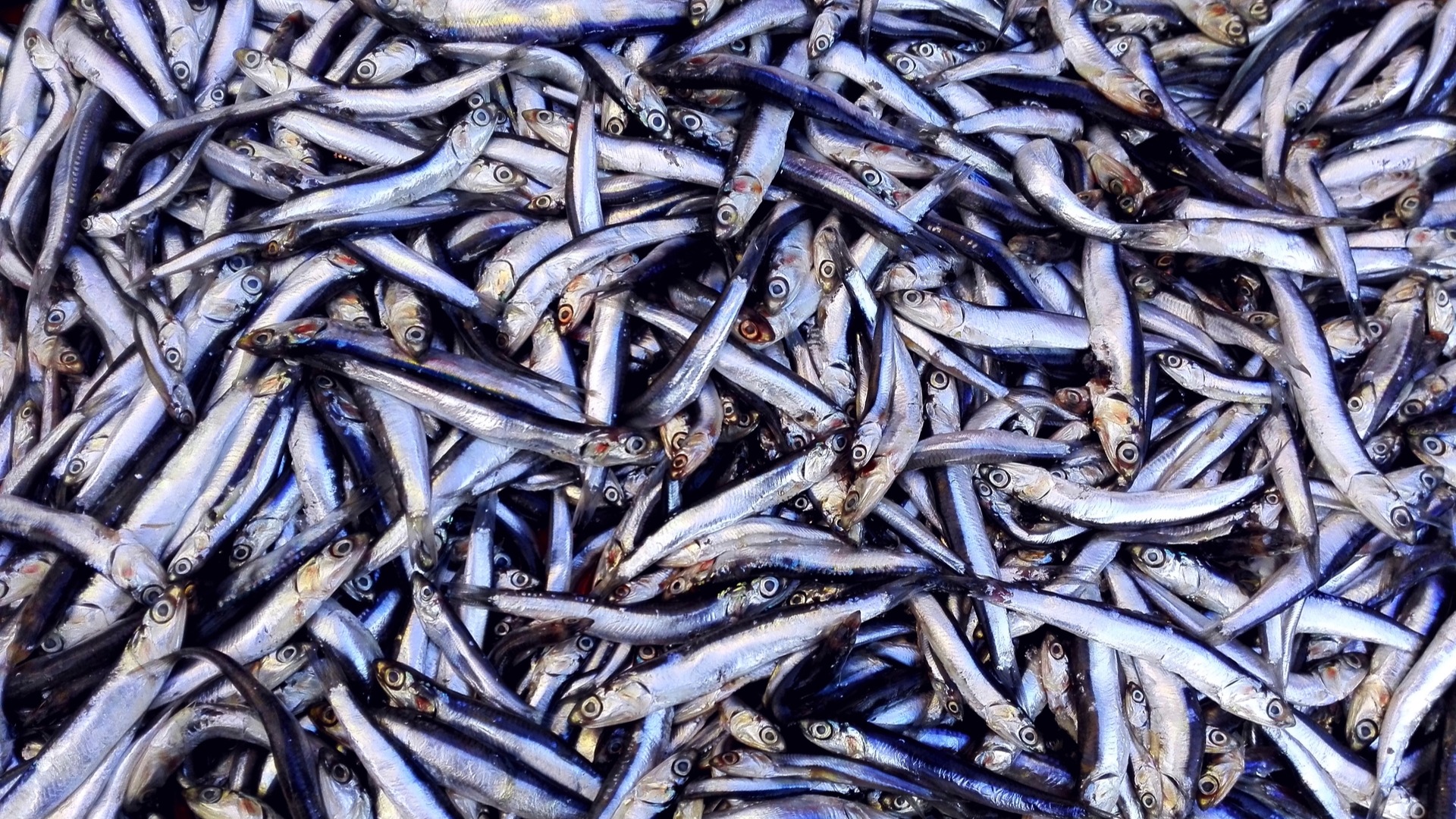Are you looking for alternatives to dills just because you might be out of it?
If your answer is yes, this article is one that you don’t want to miss out!
Each herb has its unique flavor, and you might be skeptical about using a different herb at the beginning.
However, honestly, no culinary rule says you can’t substitute one ingredient for another.
Try to be a bit creative and spice up your dish in case of an emergency substitution.
You never know, a good dill substitute might save time and money!
So this article will provide six dill substitute that you might find in your kitchen to save the day.
Also, in this article you will find:
- What is Dill?
- Six Substitutes of Dill and Their Health Benefits
- Some Tips for Storing Fresh Herbs
What Is Dill?
Dill, also known by the name Anethum graveolens, belongs to the same family as parsley and celery.
The usage of dill dates back to the mid-17th century, native to the eastern Mediterranean region and western Asia.
Its frilly look and taste are similar to that of caraway or anise making it great for a garnish.
Many cooks tend to plant dill in their backyard as they prefer the fresh dill and some keep dried dill on hand, either way, it depends on your personal preference.
Interestingly, for adding spices or herbs in food, both the seeds and leaves (also known as dill weed) of the dill plant are used.
Dill leaves are widely used to flavor up some many dishes, soups, and stews.
Apart from culinary benefits, dills are seen to control and manage diabetes and cardiovascular disorders [1].
They are also known to have both hypolipidemic and hypoglycemic effects, mainly by affecting antioxidant capacity and change in some genes in glucose and lipid pathways [1].
Apart from helping in diabetic and cardiovascular disorders, it’s known to help cure diarrhea, promotes digestion, liver problems, urinary tract infections, sleeping disorders, reduces menstrual cramps, keep mouth and breath clean, and stops hiccups [2].
The medicinal properties of dill are due to their monoterpene compounds, but also some from the vitamins, minerals, flavonoids, and amino acids that it contains [1,3].
Now that you’ve seen what the benefits of dill are let’s see what are the substitutes you can use instead of dill.
6 Substitutes of Dill and Their Health Benefits
The best five dill substitutes that mimic dill’s flavor and some health benefits of dill include tarragon, fennel, parsley, thyme, rosemary, and basil.
1. Tarragon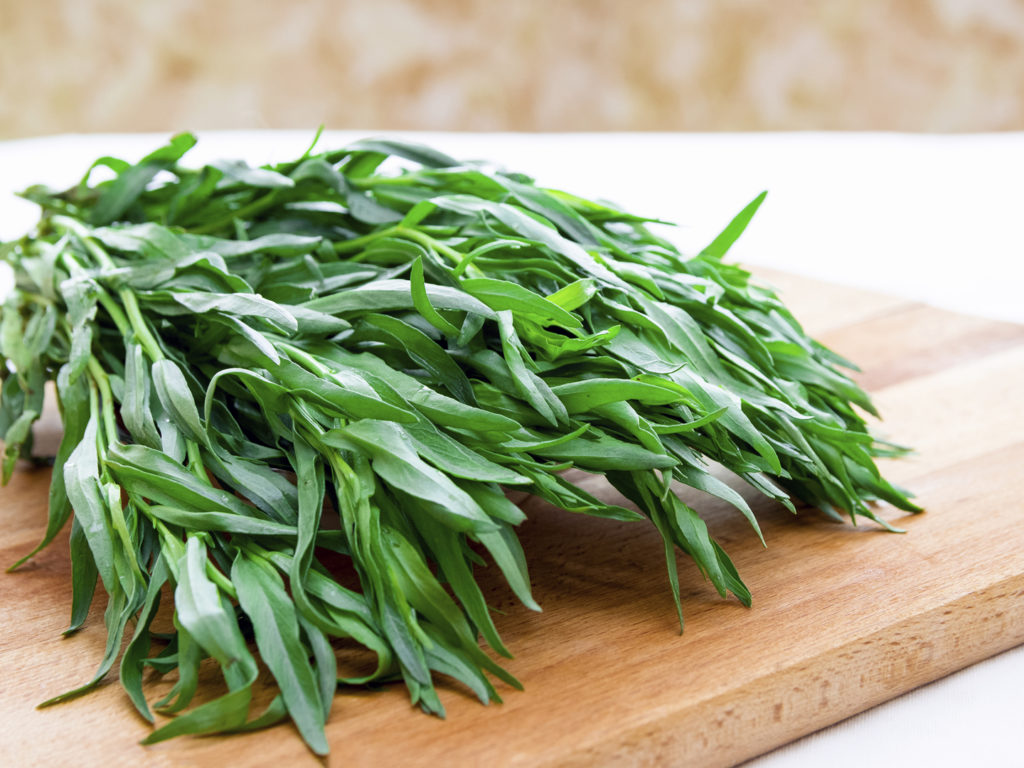
Tarragon is a leafy green herb, mainly used in French cuisine.
Now, almost everyone prefers the usage of tarragon in every kitchen all around the world.
The distinct flavor that tarragon mainly provides is well suited for fish and chicken, added as a vinaigrette.
This herb has hints of anise, similar to that of dill, making it one of the best replacement of dill leaves.
Apart from this, tarragon is known to withstand high temperature.
So if you’re planning to make stews, sauces or soups, you can add it earlier in the cooking process, providing tarragon with a bigger advantage over dills as dills lose its flavor once it reaches a certain temperature.
The health benefits of tarragon are quite similar to that of dill as it treats digestion problems, helps in treating poor appetite, toothache helps to start menstruation, and promotes sleep [4].
RELATED: 13 Essential Oils for Better Sleep Everyday (I Like No#2 Most)
2. Fennel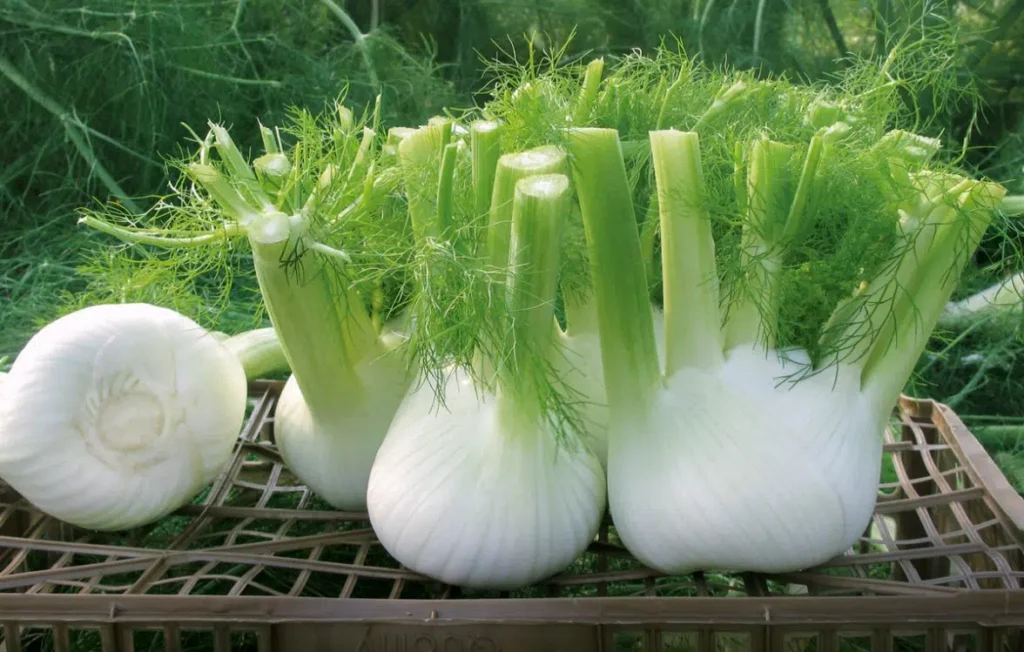
Fennel was first cultivated in the Mediterranean regions and mainly used in many Greek and Italian dishes.
Fennel is crunchy and slightly sweet in taste, providing a refreshing taste to any cuisine.
The stalks of fennels are topped with feathery green leaves, whereas the stems are much thicker, similar to the appearance of dills, making it a good replacement for dill especially for garnishing in salads.
Almost all parts of the fennel, i.e., the bulb, stalk, leaves, and seeds are edible, making it great for soups or stews.
Due to the phytonutrients found in fennel, including the flavonoids rutin, quercetin, and various kaempferol glycosides, it makes fennel one of the foods rich in antioxidants.
The health benefits that fennels provide includes promoting bone health, lowering blood pressure, providing immunity, helping in digestion, enhancing metabolism, fighting against cancer, help in regulating normal menstrual cycle, and providing an excellent source of vitamin C [5].
RELATED: 18 Surprising Benefits of vitamin C
3. Parsley
Like fennel, parsley is also native to the Mediterranean region of Southern Europe, cultivated for more than 2,000 years.
The best thing about parsley is its availability, being available all year around.
Parsley is a relative to celery; its name derived from the Greek word “rock celery,” is the world’s most popular herb.
Parsley is one of the mildest, inexpensive herbs out there which doesn’t overpower a dish, making it another good substitute for dill.
It brings an earthiness to a dish complimenting many other herb flavors in a dish, mainly used in soups, stews, curries, in salad dressings and even for garnishing roasted lamb, grilled steaks, and chicken.
Parsley also provides many health benefits such as treating urinary tract infections (UTIs), constipation, jaundice, indigestion, cough, asthma, high blood pressure, osteoarthritis, prostate conditions, starting menstrual flow, and as a breath freshener [7].
RELATED: 13 Useful Home Remedies for a Cough That’ll Work
4. Thyme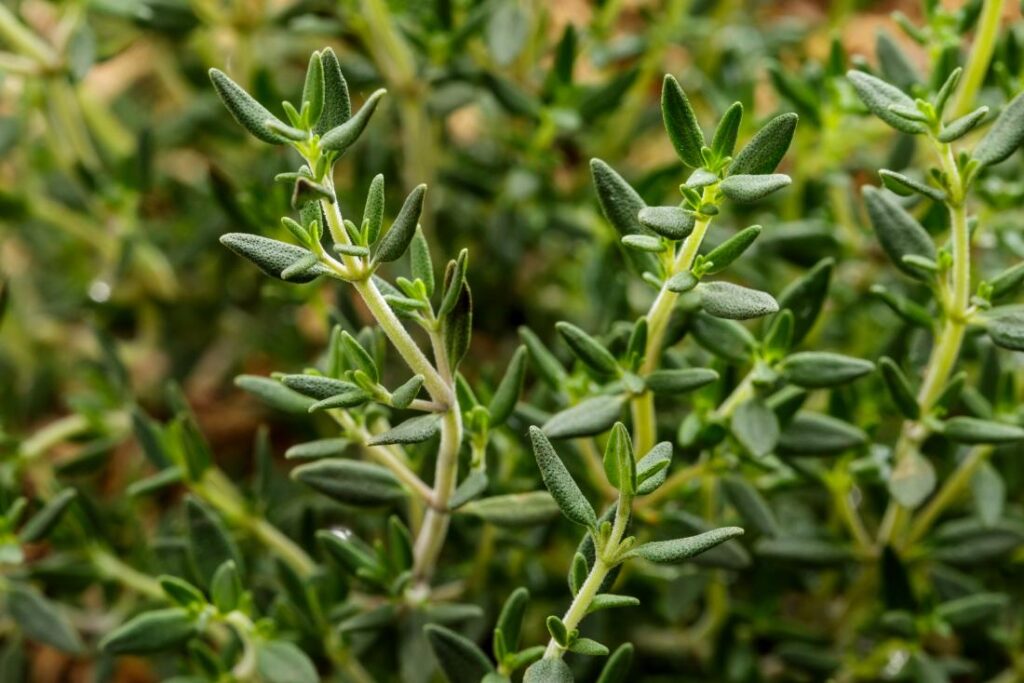
Thyme is an amazing versatile herb used in many meals.
Thyme is a small herb with a strong odor similar to that of mint, as it belongs to the mint family.
There are almost more than 350 known thyme species due to their feasibility in hybridizing.
Fresh or dried thyme leaves can be used to bring out the flavors of casseroles, soups, stews, salads, sauces, dressings, marinades, and even in sautéed vegetables.
Due to the various amount of phytochemicals present in it, it provides numerous health benefits.
Thyme helps treat bronchitis, whooping cough, sore throat, diarrhea, parasitic worm infections, skin disorders, and can also be applied to the scalp to treat baldness [8].
RELATED: 12 Natural Solutions to Get Rid of Sore Throat
5. Rosemary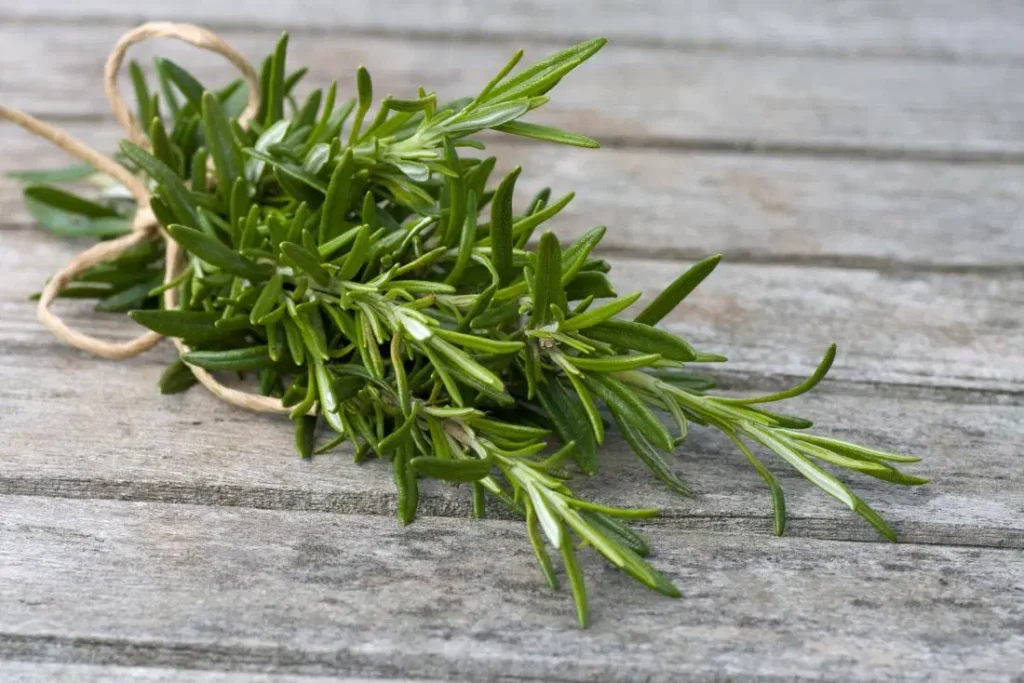
Rosemary is a perennial evergreen shrub that grows best in warmer areas and is known by name such as “Dew of the Sea.”
Rosemary’s leaves appear like flat pine needles and resemble lavender, although related to mint.
The use of rosemary is an integral part of French, Spanish, and Italian cooking.
Rosemary provides intense camphor or piney fragrance to a dish, making it as another good substitute for dill weed.
Traditionally, rosemary was added in lamb, chicken, pork and fish recipes as it blends so well with all sorts of vegetables such as beans, grains, mushrooms, onions, peas, potatoes, and spinach.
Rosemary can appear to be pungent to some people and should be used in small amount to the dish.
Rosemary has not only been used for culinary purpose but also used for its medicinal properties since ancient times.
Since rosemary is rich in antioxidants and anti-inflammatory compounds, it’s found to boost the immune system and improve blood circulations [9].
Apart from that, it is known to help alleviate muscle pain, improve memory, boost the immune and circulatory system, and promote hair growth. [9].
RELATED: 14 Effective Essential Oils for Muscle Pain That Work
6. Basil
Like thyme and rosemary, basil also belongs to the mint family is extremely popular due to its sweet, strong taste and aroma.
If you have heard of pesto sauce, then you must also know that basil is one of the primary ingredients in pesto sauce, especially in Italian cuisine.
It’s widely available and comparatively inexpensive making a good substitute for dill leaves.
Its fragrance work in great combination with herbs such as rosemary and thyme and can be used in any meat dishes, fish, vegetables, cheese, soup, and even in egg recipes.
If you are thinking of only preparing a salad dressing and the only herb you have is basil, then you’re good to go as it alone works as a great replacement for dill leaves.
Although its flavor is different, it complements dishes in the most delicious way once added to a dish.
Like dill, it’s advisable to add it during the last few minutes of cooking for maximum flavor.
Basil also provides health benefits due to its phenolic compounds.
It is known to fight against cancer, and reduce the effects of oxidative stress
Apart from this, it is known for its antibacterial, anti-inflammatory properties, and has anti-aging properties [10].
RELATED: 13 Essential Oils for Inflammation & How to Use Them
Some Tips for Storing Fresh Herbs
Now that you’ve seen different substitutes for dill leaves let’s look at how can these herbs be stored.
Storing or keeping fresh herbs is not that hard, in fact, it’s way easier than you think!
To store fresh herbs:
What You’ll Need:
- Fresh herbs
- A knife
- Small glass jar
- Water
- Small plastic bag
Recommended Directions:
- Cut at least half of the stems of any herb
- Add little amount of water in the glass jar
- Stand the stem ends of the herb into the glass jar
- Loosely cover the leaves of the herb with a plastic bag and store it in the refrigerator.
Make sure to store these herbs in the refrigerator for 3-5 days max. However, it is best used fresh to get maximum benefits.
Note: Not all herbs can be refrigerated, especially basil. It’s best used fresh. Don’t use the wilted or blacked leaves.
Bottom Line
Although there might be a slight difference in the taste of substituting these herbs in place of dill, there is no harm in experimenting with the recipes.
It’s also best to use fresh herbs as they contain numerous health benefits and tend to lose their nutrients and blacken over time.
Some of the aromas and flavors of the herbs mentioned above are strong, mild, or sweet, so make sure to use it according to your taste preference.
READ MORE: 9 Amazing Health Benefits of Paprika: Uses & Recipes
